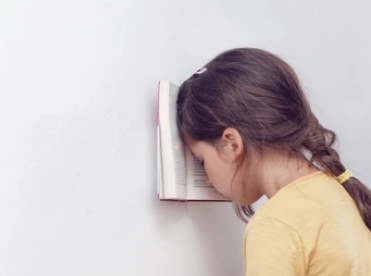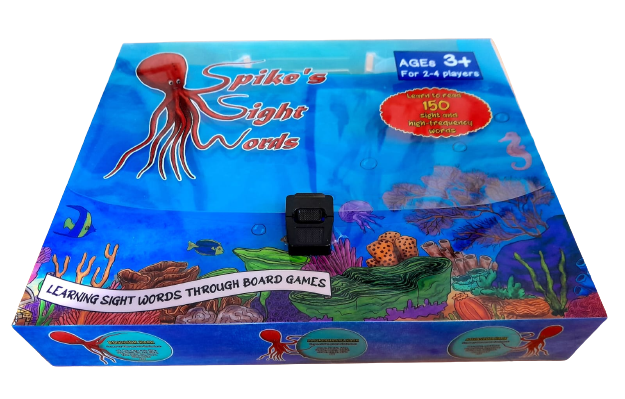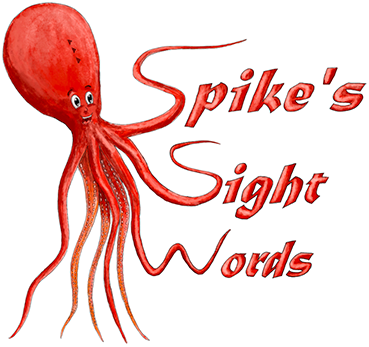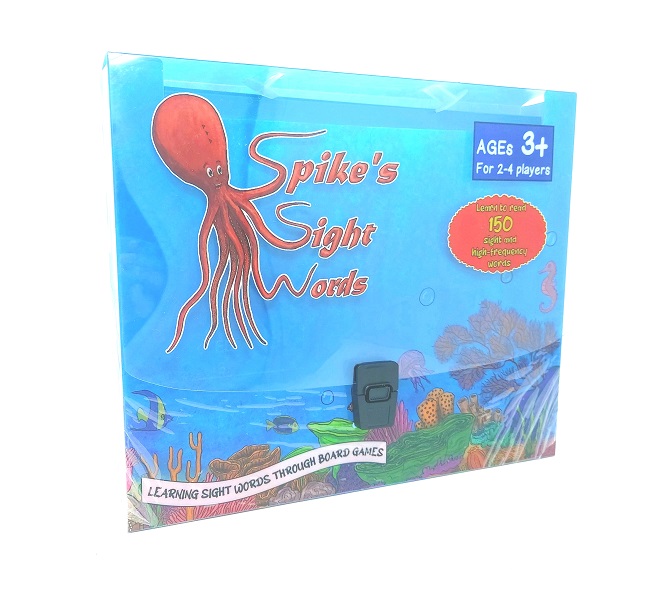
The journey of learning to read – and continuing to develop as a confident and enthusiastic reader – is often rocky.
However, some people have more serious difficulty with the process than others. In some cases, there are specific reasons why a child is having trouble with reading – and alternative forms of help may be needed.
What are reading difficulties?
Reading difficulties are common, and part of the vast diversity of learning styles and speeds in the classroom. Some children immediately pick up reading skills while for others it takes more time.
Struggling and reluctant readers
The two main sources of worry for parents are children who struggle with reading, and those that are reluctant to read. Both are forms of reading difficulties. Reluctant readers are just not interested in turning the pages of a book. They tend to read well – when they put their mind to it. But most of the time they resist reading.
With these reluctant readers, try switching topics or types of books to engage their interest. Children learn to read with many types of texts – comics, computer game magazines, instructions for model building, non-fiction boos etc
Struggling readers can be slow and find reading a stressful business. They may want to read but find it hard. They struggle to remember the letter sounds or forget frequently used words. Struggling readers can benefit from extra attention to practicing reading and by choosing the right books to help them thrive and enjoy the process.




